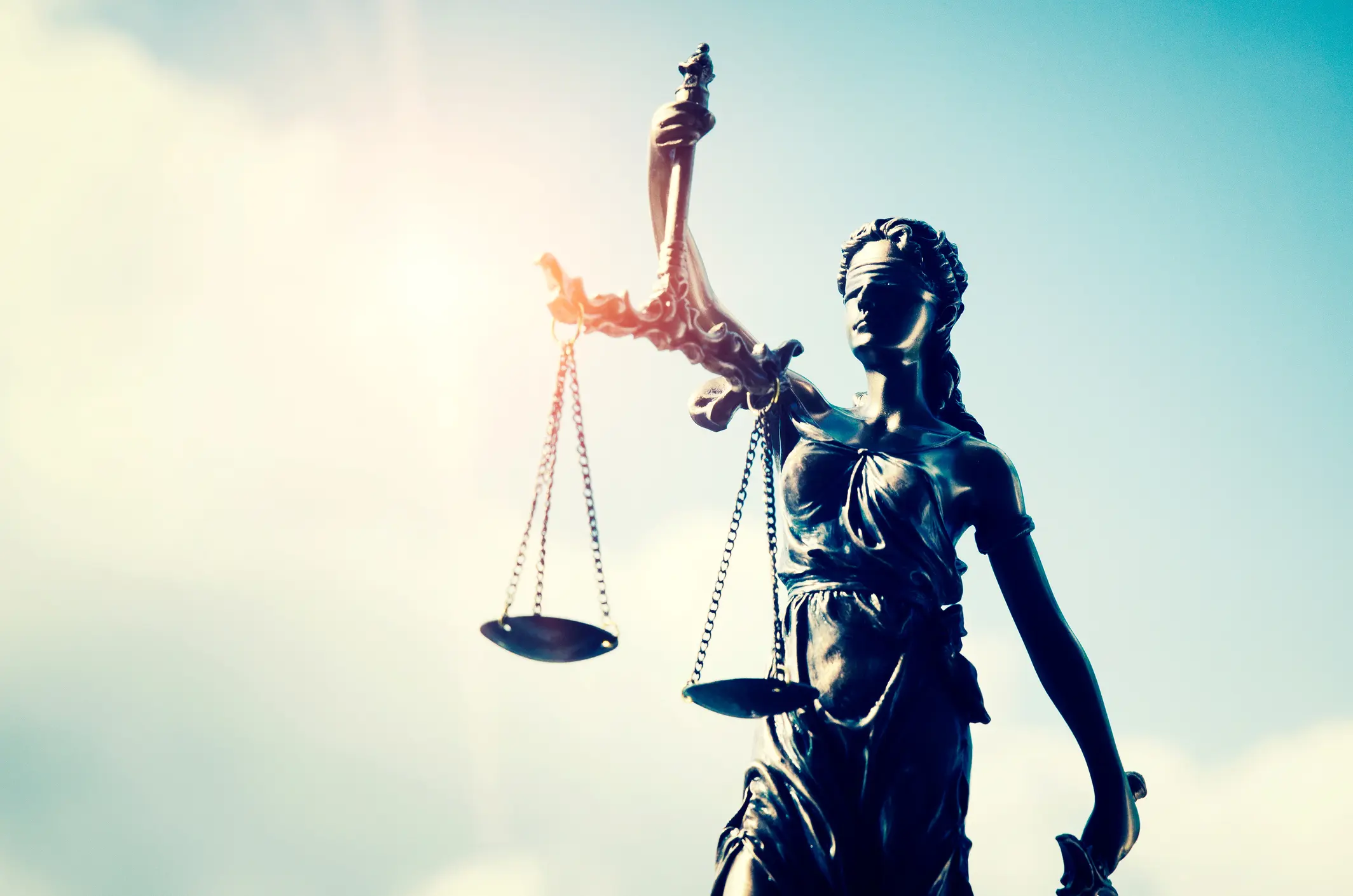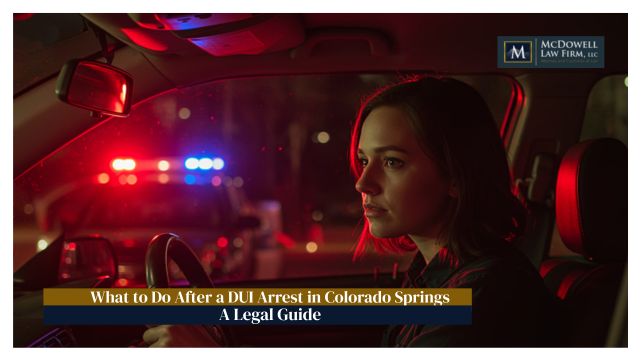This is a question I get asked all the time. “Can you get my DUI or DWAI dopped?” No reputable defense attorney can promise a dismissal of criminal or traffic charges.
We can, however, discuss the different ways we approach a case that are tried and true methods for obtaining favorable results. We can also discuss legal strategies and ways that we might approach a case or effective legal defenses based on the facts of an individual case.

Key Takeaways
- A DUI may be dropped by proving an illegal stop, faulty BAC or sobriety tests, lack of control, or suppressed evidence through defense motions.
- DUI cases depend on evidence quality, including police reports, bodycam footage, and chemical test results.
- Prosecutors must prove intoxication and actual physical control of the vehicle to secure a DUI conviction.
- Unlawful traffic stops or improper arrests can invalidate critical DUI evidence.
- Field sobriety tests and BAC results are often challenged due to procedural or accuracy issues.
- Lack of actual physical control may significantly weaken a drunk driving charge.
- Motions to suppress evidence can force prosecutors to dismiss a DUI case.
- When dismissal isn’t possible, charges may be reduced through plea negotiations.
- Prosecutorial discretion plays a major role in whether DUI charges proceed.
- Hiring an experienced DUI defense attorney early improves outcomes in criminal and DMV proceedings.
Understanding DUI Charges
A DUI charge typically hinges on two main elements: proving the defendant was under the influence of alcohol or drugs, and proving they were driving, or in Colorado, “in actual physical control of the vehicle.”
A DUI offense carries significant legal implications and consequences, including possible penalties, mandatory jail time, license revocation, and the need to consult with a criminal defense lawyer. Each of these elements presents potential areas for a defense attorney to challenge.
Drinking is perfectly legal if you’re of age, and so is driving. You just can’t do them together if you are impaired or under the influence. If we can successfully defend against the drinking or the driving element of the charge, we have a high probability of success.
Related: Some Unconventional Ways to Get a DUI.
How to get a DUI charge dropped?
When someone calls me and says, “how to get a dui charge dropped” I always tell them I have to see the discovery on a case before I can even give them an informed position on the strength of the case against them. “Discovery” is your police reports, witness statements, dashcam or bodycam videos, 911 recordings, etc.
I also need to review the facts with my client to understand more about the attendant circumstances and the accuracy of other reports.
For example, if you believe you have a serious medical condition and you call the doctor and say, “What are my chances doc? Am I gonna beat this?” The doctor is going to say that you need to come in to his/her office, and run some tests and examinations and then they can give you a better idea of what you’re facing and how to treat it.
A DUI defense lawyer needs to know what you’re facing, your criminal history, how strong the case is, and what evidence the prosecution has against you.
On every drunk driving case we defend there are defense strategies through which DUI charges can be challenged, and in some cases, even dismissed. We will cover how a DUI lawyer might work to get drunk driving charges dropped through plea negotiation, motions, or trial.
I will also focus on the critical elements of DUI charges: intoxication and control of the vehicle, as well as the legality of the traffic stop and law enforcement contact. Hiring an experienced DUI defense attorney is crucial to scrutinize evidence, leverage defenses, and protect your rights in the face of severe penalties.
A DUI charge maybe dropped by:
- Proving Intoxication
- Proving Control of the Vehicle
- Challenging the Basis of the Traffic Stop
- Plea Bargaining with a DUI Lawyer
1. Proving Intoxication
For the prosecution to convict you of a DUI, they carry the burden of proof to prove beyond a reasonable doubt that the defendant was intoxicated or impaired while operating their vehicle. Following a DUI arrest, individuals may face severe consequences, including losing driving privileges, applying for hardship reinstatement, and facing criminal penalties.
This can be established through blood or breath alcohol content (BAC) tests, field sobriety tests, or evidence of impairment observed by law enforcement. However, these tests are not infallible and can be subject to various errors and/or biases.
A skilled DUI lawyer can challenge the validity of BAC test results by questioning the accuracy of the testing equipment, the procedures followed during the test, or the qualifications of the person administering the test. Similarly, field sobriety tests can be subjective and influenced by factors unrelated to alcohol consumption.
Walking a straight line, standing on one leg, or counting backwards by 6’s is never easy. Now consider it’s 2:30 in the morning and you have three police vehicles surrounding you, with lights and sirens and a police officer giving confusing instructions.
Standardized field sobriety tests (SFSTs) can also be influenced by medical conditions, nervousness, or environmental conditions that can make a sober person appear to be impaired.
2. Proving Control of the Vehicle
The requirement to prove control of the vehicle introduces another layer to a DUI case. Even if you weren’t “driving” in the traditional sense, you can still be found guilty of a DUI if you were in control of the vehicle.
A DUI conviction can lead to severe penalties, including fines, jail time, felony classification, license revocation, and the need for legal representation to minimize penalties. In Colorado, for example, the case of People v. Swain highlighted the concept of “actual physical control” of the vehicle.
In this case, the court considered what elements determine whether a person could be deemed to be in control of the vehicle for the purposes of a DUI charge.
Factors include; Is the vehicle running?, Where is the vehicle located? Where is the person located within the car? Can the car be moved with the slightest amount of effort? This is a totality of the circumstances standard to determine if the person was in control of the vehicle.
This case opens the door for defense strategies that argue the defendant was not in “actual physical control” of the vehicle at the time of the alleged offense.
For example, if the keys were not in the ignition, or maybe the defendant was sleeping in the backseat, we might argue there was no intent or ability to operate the vehicle at the time of contact.
3. Challenging the Basis of the Traffic Stop
The legality of the initial traffic stop is another critical aspect of a DUI case. Law enforcement must have “reasonable suspicion” of an offense to stop a vehicle. This could be a traffic violation, erratic driving, an accident, or another observable sign of impairment.
Multiple DUI convictions can significantly impact the legal consequences, as past convictions often lead to harsher penalties for future offenses, including increased fines and mandatory jail time.
However, if the stop was based on an insufficient basis, the evidence gathered as a result of the stop, including BAC tests and observations of impairment, can be challenged and potentially excluded from the case.
Your defense lawyer may file a motion to suppress evidence obtained during an illegal or unwarranted stop. A suppression hearing will then be held to determine whether your Fourth Amendment rights against unreasonable searches and seizures were violated.
If the motion is successful, it can often lead to a dismissal of charges as essential evidence may be suppressed. This can include any chemical tests, roadside sobriety tests, statements, or observations of the law enforcement officer.
4. Plea Bargaining with a DUI Lawyer
Negotiations with the prosecutor or District Attorney is where your defense counsel can often make great headway towards minimizing your charges or even obtaining a dismissal.
A third DUI conviction carries severe penalties and legal implications, including mandatory jail time, fines, license revocation, and potentially being classified as a felony. In the majority of cases, pre-trial plea negotiations may not be enough for a complete dismissal in a DUI case.
This doesn’t mean that you won’t be able to obtain a favorable resolution of your case. If you are able to obtain an offer that reduces the charges to a lesser offense, (such as reckless driving, careless driving, etc.) that may be a much better option than risking a trial.
Negotiation results are dependent on the facts of your case, the local jurisdiction’s policies on DUI/DWAI offenses, your prior criminal history, and generally the prosecution’s willingness to bargain.
A conviction on a DUI charge is not a foregone conclusion. However, a promise by anyone of a dismissal or obtaining a certain result prematurely should also be view skeptically.
The unique nature of every case means that different strategies can and should be employed to reach the best possible outcome.
Through plea bargaining, motions practice and even trial, DUI defense attorneys work to put you in a position to avoid serious consequences to your freedom, pocketbook, and your criminal record.
When you are deciding which defense lawyer to hire, talk to prospective attorneys about their experience with cases like yours, what you can expect, and their past outcomes. Your DUI case may be similar to many others, but it is ultimately unique.
There are so many variables that hiring a legal professional provides you with years of experience to adapt and prepare for everything that comes with a defending against a DUI charge.




